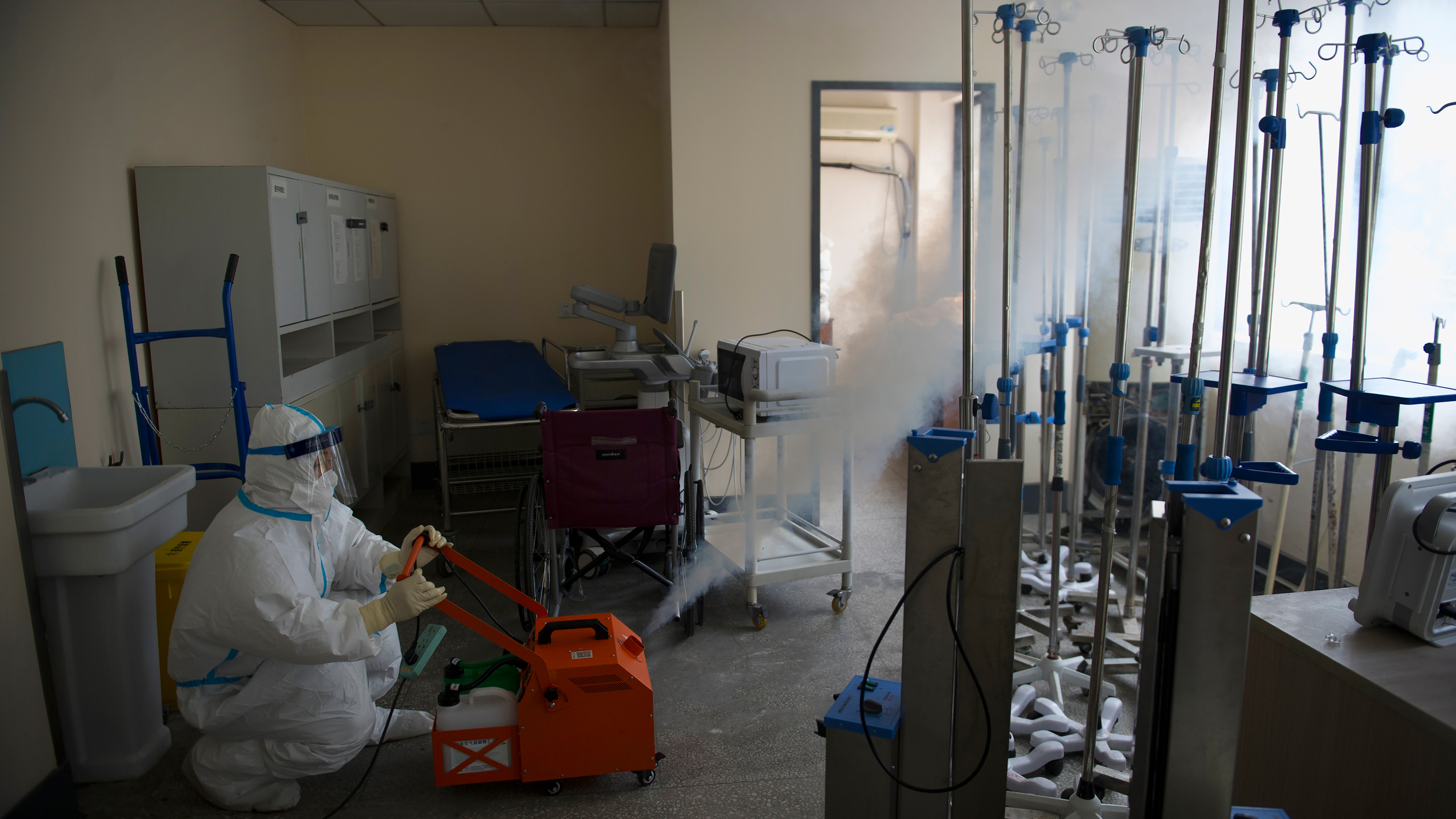Wuhan reported no new coronavirus cases today for the first time

The news: Wuhan and its surrounding province, Hubei, had no new cases of coronavirus to report today, according to the Chinese state media. It’s a remarkable turnaround for the city where coronavirus originated, which was only very recently struggling to cope with thousands of sick people requiring hospitalization. All of the 34 new cases recorded the day before were people from abroad, Chinese officials said.
This story is part of our ongoing coverage of the coronavirus/Covid-19 outbreak, which is available free of charge. You can also sign up to our dedicated newsletter.
Cause for optimism? The news from Hubei offers a glimmer of hope, and perhaps some lessons to governments on what works. The main one seems to be the need to put affected populations on strict lockdown at an early stage. This happened in Wuhan: it's still the case that only those with special permission can travel in and out, and people are instructed to stay inside their homes. This order will be lifted only if no additional cases are reported for two consecutive weeks, according to Li Lanjuan, a member of the Chinese Academy of Engineering. It is still possible that cases in Hubei will rebound when authorities eventually relax the lockdown.
A grim milestone: The virus’s epicenter is now arguably Italy, which is set to surpass China’s number of coronavirus-related deaths—3,250—this week. The region of Lombardy has been by far the worst-affected region, with hundreds of people dying every day.
Deep Dive
Biotechnology and health
How scientists traced a mysterious covid case back to six toilets
When wastewater surveillance turns into a hunt for a single infected individual, the ethics get tricky.
An AI-driven “factory of drugs” claims to have hit a big milestone
Insilico is part of a wave of companies betting on AI as the "next amazing revolution" in biology
The quest to legitimize longevity medicine
Longevity clinics offer a mix of services that largely cater to the wealthy. Now there’s a push to establish their work as a credible medical field.
There is a new most expensive drug in the world. Price tag: $4.25 million
But will the latest gene therapy suffer the curse of the costliest drug?
Stay connected
Get the latest updates from
MIT Technology Review
Discover special offers, top stories, upcoming events, and more.